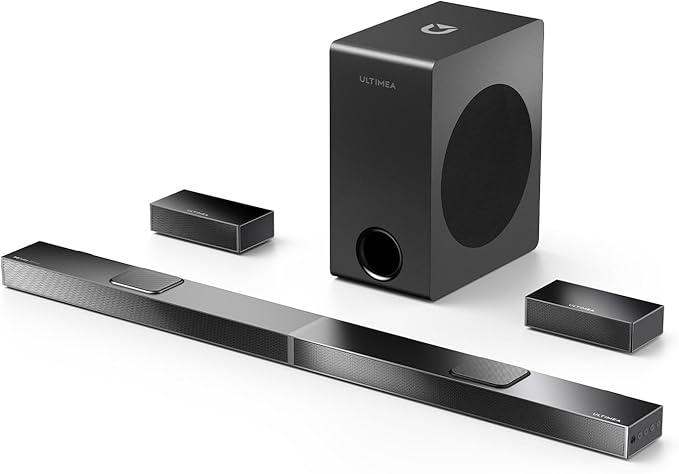
Setting the Scene: Ghana’s Youth-Driven Innovation Movement
Back in 2022, many innovation hubs struggled post-pandemic. But by 2025 Ghana’s young creative entrepreneurs are bouncing back — stronger, more connected, and more effective. Infrastructure, public-private partnerships, and targeted government programs are turning youth-led innovation into a driving force for the nation.Graphic Online+2Zawya+2intracen.org+2Graphic Online
Innovation Hubs: Engine Rooms for Creativity & Green Solutions
1. iSpace Foundation (Accra)
Founded in 2013, iSpace offers co-working, startup incubation, and public events across tech, film, and design. It’s known for incubating high-impact ideas and collaborative programs.Wikipedia
2. Impact Hub Accra
Part of the global network, Impact Hub Accra runs programs on digital inclusion, social innovation, and entrepreneurship. It hosts Ghana’s first digital innovation lab and collaborates with organizations like the US Embassy, Facebook, and WordPress.Wikipedia
3. MEST (Meltwater Entrepreneurial School of Technology)
MEST trains aspiring tech founders through a 12-month accelerator program. Since 2008, it has launched over 80 African tech companies—including Meqasa and Complete Farmer—that have secured international recognition and funding.Ghana National Association+15Wikipedia+15Reddit+15
4. Kumasi Hive
A hardware-focused makerspace and incubator in Kumasi supporting young innovators in renewable energy, prototypes, and rural entrepreneurship. Its SolarTaxi project won a $5,000 Miss Africa Digital Prize.Wikipedia+1MyJoyOnline+1
Strengthening Support: Networks, Funds & Policies
-
Ghana Hubs Network (GHN): A nationwide consortium of 75+ innovation hubs across all 16 regions. GHN leads initiatives like the Youth Entrepreneurship Empowerment Project in partnership with the GNCCI, training tertiary youth in startup creation and real-world business skills.Zawya+4Ghana National Association+4Graphic Online+4
-
Netherlands Trust Fund V (NTF V Ghana Tech): Introduced in 2022 to provide structured training to hub leaders—covering business models, user mapping, marketing, fundraising, and startup coaching. By 2025, over 50 hubs received capacity building support, dramatically improving ecosystem resilience.Zawya+1intracen.org+1
Flagship Government Initiative: The Adwumawura Programme
Launched under the National Entrepreneurship and Innovation Programme (NEIP), Adwumawura aims to empower 10,000 young Ghanaians annually with entrepreneurship training and business support via GHN member hubs. This multi-stakeholder platform ensures access to coaching, mentorship, incubation, and local engagement.Graphic Online
Innovation Meets Sustainability: A New Paradigm
Insights from the 2025 Hamburg Sustainability Conference reaffirm hubs as drivers of low-carbon jobs, circular economy strategies, and climate-smart agricultural innovation. Ghana’s hubs are being positioned to incubate agritech, waste-management, and e-mobility ventures, turning youth-led creativity into green change.Graphic Online+3MyJoyOnline+3UNDP+3
Youth Voices & Emerging Challenges
A 2025 survey on youth participation in the creative industries found:
-
Most aspire to work in music, fashion, UGC, and literature.
-
Passion (50%) and self-expression (30%) drive involvement more than financial gain.
-
Key barriers include lack of capital, limited mentorship, social stigma, and insufficient training access.
-
Over 60% said social networks and family support are critical to success.Culture Weekly
What Sets 2025 Apart?
| Area | Key Development |
|---|---|
| Skills & Mentorship | Hub leaders trained in lean startup tools, partner management |
| Geographic Spread | Over 75 hubs reaching rural and smaller towns via GHN network |
| Youth Inclusion | Annual Adwumawura commitments reaching university and tech centers |
| Green Focus | Innovation linked to climate action, agritech, sustainable design |
Success in Action: Noteworthy Hubs & Programs
-
AgricoHub (Rural Hub): After joining NTF V training, it launched award-winning shea butter ventures and peer-learning credit cooperatives.Graphic Online+1Ghana National Association+1Zawya
-
STEMnovation Event (Accra): Organized at Independence Square, it showcased youth inventions through the Ghana Report Jobs Fair. A landmark STEM showcase blending academia and enterprise.Ghana National Association
-
UN@80 Youth Innovation Challenge: Hosted in June 2025, it invited Ghanaians aged 15–35 to propose policy, tech, or social innovations addressing global challenges. Winners gain mentorship and network exposure.The United Nations in Ghana
Why It Matters for Ghana’s Future
-
Job Creation: These hubs translate creativity into economic opportunities, helping reduce youth unemployment.
-
Global Relevance: Startups supported by hubs are increasingly participating in global pitch challenges, forums, and venture labs.
-
Inclusive Growth: GHN’s regional spread and community roots ensure that less-resourced areas are not left out.
-
Sustainable Impact: When combined with climate-smart innovation, hubs contribute to SDGs and policy-driven development.
Looking Ahead: What to Watch
-
Scaling Adwumawura to rural hubs: Will 10,000 youth per year become reality at scale?
-
Green startup acceleration: Can hubs incubate scalable climate-tech ventures in the next five years?
-
Sustainability of hubs: Will hubs maintain independent operations beyond training grants? GHN capacity-building is key.
-
Building social capital: Mentorship, networks, and inclusive funding remain challenges to watch.
Conclusion
Ghana’s creative economy is undergoing a renaissance. Driven by youth ambition, supported by public-private systems, and anchored in an expanding network of innovation hubs, the future of local creative and tech enterprise has never looked brighter.
The 2025 ecosystem is one where music, fashion, farming, climate action, and policy innovation intersect—and where Ghana’s next wave of innovators are stepping into the spotlight.







